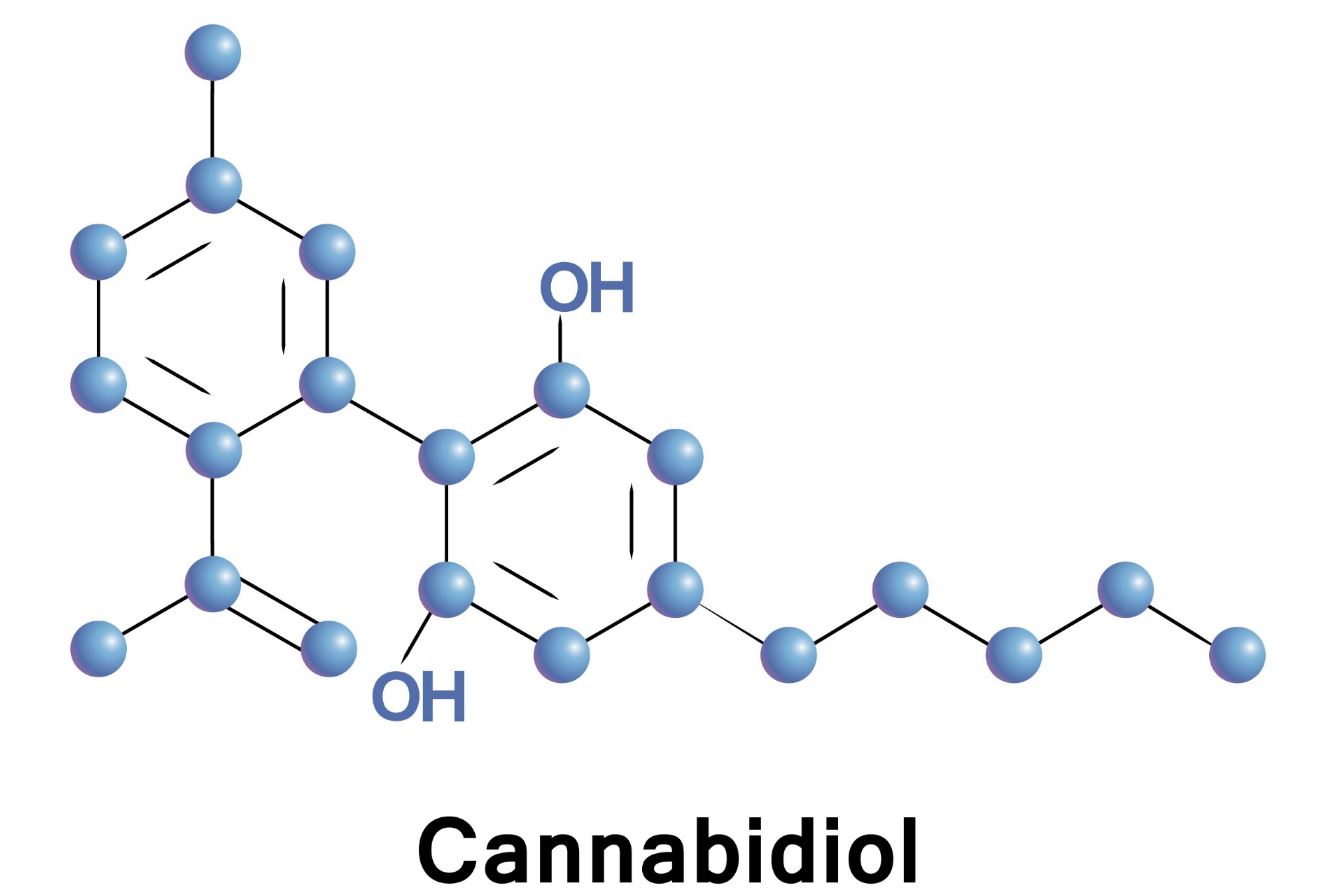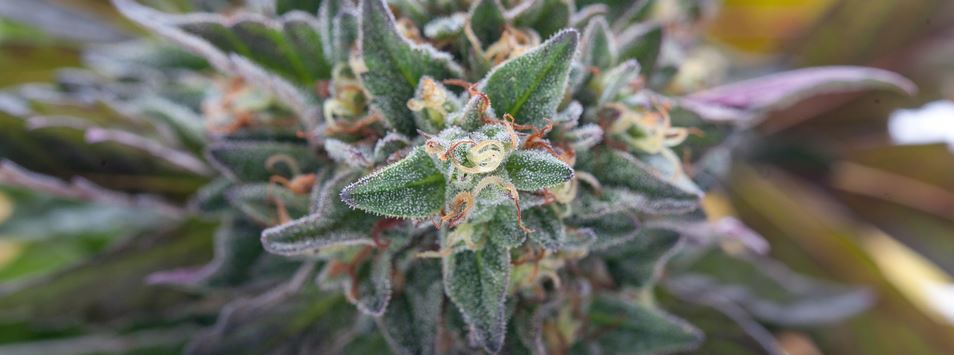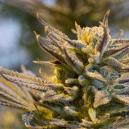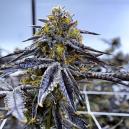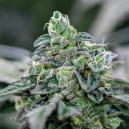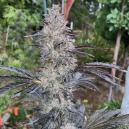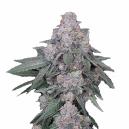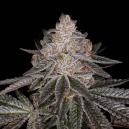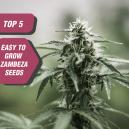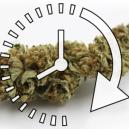How CBD Works With Anxiety-Related Disorders
Published :
Mar 12, 2017
Categories :
Medical cannabis

CBD plays a role in our neuronal response to stress. Research is focusing on this cannabinoid as a treatment for anxiety-related disorders. Cannabidiol might become an effective alternative to dangerous and addictive tranquillizers.
Could CBD offer a natural and effective alternative to the variously addictive tranquilizers which are easily prescribed by many physicians? Possibly, yes. The non-psychoactive cannabis compound might play a significant role in modulating our neuronal response to stress, and research is now focusing on this cannabinoid as a treatment for anxiety-related disorders.
WHAT HAPPENS WITH AXIETY?
Anxiety is one of the adaptive responses that help animals dealing with threats, or carrying on hard tasks. For different reasons, anxiety is as useful as pain, anger, or other feelings are. Of course, these psychological and physical responses should remain under a certain level of intensity, or they will put the individual in distress.
Anxiety-related disorders affect a huge segment of population. Sometimes mild disorders develop into neuropsychiatric issues such as terror, panic, post-traumatic stress disorder, social anxiety, obsessive-compulsive disorder, and others. When a person can’t effectively manage natural responses, falling in a clinical state of anxiety-related disorders, it is important not to underestimate this condition.
Unfortunately, the most effective, popular, and dangerous way to cope with anxiety symptoms is prescription pills by good old Big Pharma. A high percentage of patients treated with drugs like Prozac, Valium and Xanax becomes dependent from one or more of these highly addictive and life-threatening drugs, or they fall into other addictions such as alcohol or hard drugs.
CBD AND THE CHEMICALS OF ANXIETY
The biochemical mechanisms able to trigger anxiety as a response in animals are not fully understood. In mainstream medicine, some forms of depression and anxiety-related disorders are commonly treated with medications that target the serotonin system. These drugs block the natural reabsorption of serotonin in the brain after it was normally produced, thus increasing its amount within neurones. The effect of letting more serotonin signals transmitting into nervous system’s pathways is usually a reduction of anxiety and a mood improvement, both in humans and rats.
Similarly, CBD increases signalling activity within serotonin receptors. A recent Spanish lab study suggests that CBD could represent a fast antidepressant remedy thanks to its ability to enhance both serotonin and glutamate signalling. The bulbectomized rat is a common lab model of depression, and researchers used rats who were freaking out because they were deprived of their sense of smell. The onset of a strong antidepressant action was very fast after an injection of CBD, and a simultaneous anxiolytic effect was also registered.
The hippocampus is a very ancestral and deep-rooted part of all vertebrates brain, us included. It plays important roles in memory consolidation and orientation abilities. This is one of the first regions of the brain to suffer damage from certain ailments. Brain scans of patients suffering from depression or anxiety often show a smaller hippocampus, and it seems that impaired neuronal activity in that brain area may influence suicidal behaviour. A lab study carried on by the University of Sao Paulo found that CBD may help to regenerate neurones in the hippocampus. Brazilian researchers’ findings indicate that the anxiolytic effect of CBD administration in stressed rats depends on an endocannabinoid-mediated signalling which is able to facilitate the regeneration of neuronal cells.
CBD FROM LAB TO CLINICAL STUDIES
In recent years, CBD has generated a tremendous amount of interest among consumers, clinicians, and scientists. Lab evidence strongly supports the potential of CBD as a treatment for anxiety disorders but encouraging results on rats don’t always transform into effective therapies for humans. Apart from the growing body of anecdotal evidence, a few studies conducted with scientific methodology are starting to demonstrate the potentialities of CBD as a treatment for anxiety disorders.
Brazilian researchers conducted a small study on patients with social anxiety showing that CBD decreases anxiety both as reported by participants and as confirmed by physical anxiety indicators such as heart rate, blood pressure, and other body parameters. Researchers concluded that CBD actually reduced anxiety, cognitive impairment, and discomfort in that group of patients.
Finally, since CBD is an antagonist of THC when these molecules bind together to our cannabinoid receptors, it is proofed both by lab studies and patients’ experience that it counteracts some adverse effects of THC related to anxiety during therapies based on cannabis compounds.
Evidence from animal studies have begun to show how CBD acts in the brain, and human studies of patients with or without clinically diagnosable anxiety disorders are starting to validate its efficacy as an anti-anxiety treatment. Preclinical evidence, first clinical studies, and patients’ autonomous experience strongly support CBD as a single remedy or complementary option for the treatment of generalised anxiety disorder, panic disorder, social anxiety disorder, obsessive-compulsive disorder, post-traumatic stress disorder, and mild depression. More research and the end of prohibitionsm are both needed to understand the effects over the long term and the full potential of CBD. For the moment we are happy to know it is absolutely safe compared to any current drugs it might substitute, mimic, or integrate.


